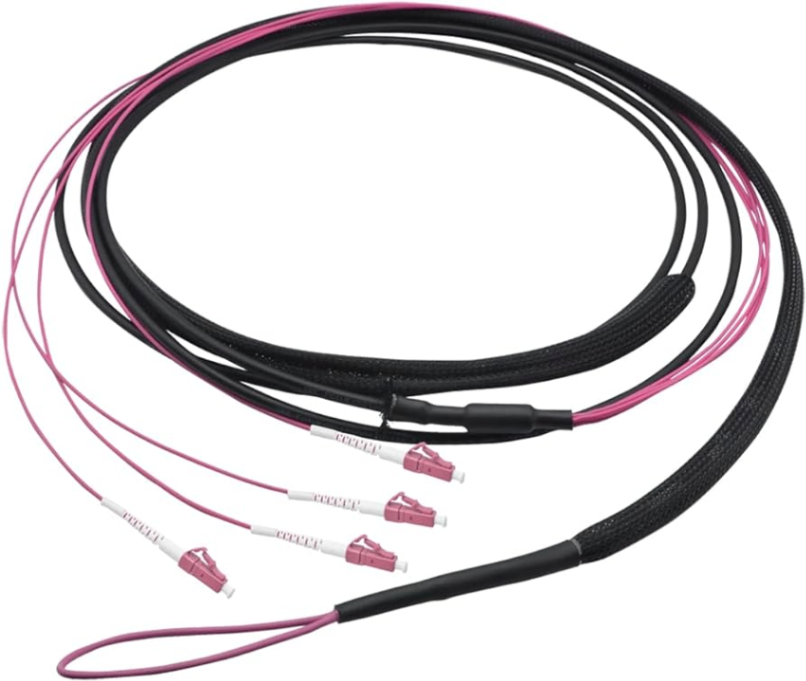Oufu Optical Fiber Cable Co.,Ltd
Address: Shenyang, Liaoning, China
Contact person: Manager Zhang
Phone: 400-964-1314
Mobile phone: +86 13904053308
【whatsapp && wechat】
2024-05-13 1556
Title: The Dilemma: Premade or Custom Fiber Optic Cables? Navigating the Best Fit for Your Needs
When it comes to choosing between premade and custom fiber optic cables, the decision often hinges on a variety of factors unique to your needs and applications. Both options offer distinct advantages and disadvantages, and a thorough understanding of their differences can help you navigate towards the best fit. Here's a more in-depth look at the key considerations:

Premade Fiber Optic Cables:
Advantages:www.adsscable.cn
Cost-Effectiveness: Premade cables offer a cost-efficient solution due to their mass production. This makes them a budget-friendly choice for many applications.
Quick Deployment: Standardized premade cables are readily available, enabling fast shipping and installation, often with minimal lead time.
Industry Compliance: These cables adhere to industry standards, ensuring compatibility and performance across various systems and networks.
Disadvantages:
Limited Customization: Premade cables come in standard lengths, connector types, and specifications, limiting their ability to meet unique requirements.
Lack of Flexibility: For specialized or niche applications, a standard premade cable may not be the ideal solution.
Custom Fiber Optic Cables:
www.adsscable.cn
Advantages:
Tailored Solutions: Custom cables can be designed and manufactured to meet specific requirements, including unique lengths, connector types, fiber counts, and other specifications.
Ideal for Unique Applications: Whether it's a challenging installation environment or specialized network architecture, custom cables can be tailored to fit the job perfectly.
Long-Term Value: While initial costs may be higher, custom cables often provide better value over the long term by meeting exact needs and reducing waste.
Disadvantages:
www.adsscable.cn
Higher Initial Investment: Custom cables require additional time and resources for design, manufacturing, and testing, resulting in higher upfront costs.
Longer Lead Times: The design and manufacturing process for custom cables takes time, resulting in longer lead times compared to premade cables.
Navigating the Choice:
Define Your Needs: Start by clearly outlining your specific requirements and applications. This will help you determine if a premade or custom cable is the best fit.
Consider Cost and Timeline: Weigh the initial costs and delivery times of both options against your budget and timeline constraints.
Consult with Experts: Discuss your needs with a fiber optic cable manufacturer or distributor. They can provide expert guidance on the best option for your application and help you understand the trade-offs between premade and custom cables.
Ultimately, the choice between premade and custom fiber optic cables depends on your unique requirements and applications. By carefully considering factors like cost, timeline, flexibility, and customization options, you can make an informed decision that will meet your needs effectively.